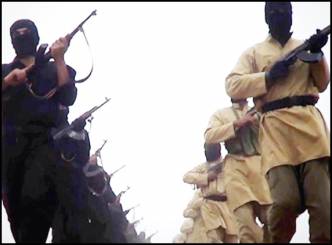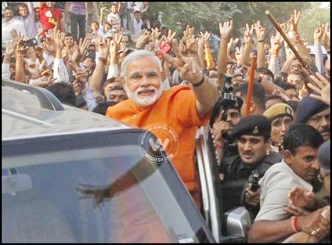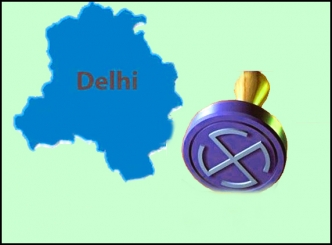
Baad is a system prevailing in certain parts of Afghanistan is a taboo on the society. It is a system where young girls are forced as slaves for elders defaults.
Afghanistan activists are raising their voices against the `baad’ (baadi). Though it is illegal, in all contexts, the rising issues have become a growing concern of the activists. A media source reported that how a victim had narrated her trauma. The victim now about ten years of age, escaped from the evil clutches of the abductors, when she was eight. On one night a few men with weapons walked into her house and whisked her away, along with her cousin. She said, `We did not know what was happening. They put us in a dark room with stone walls; it was dirty and they kept beating us with sticks and saying, 'Your uncle ran away with our wife and dishonored us, and we will beat you in retaliation.'‘ But this just one story in dozens, and the victim had the courage to get out. But there are numerous such tales where the girls are silently bearing the brunt.
Though the United Nations proclaims Baad as a `harmful traditional practice,’ baad has its firm roots in the Afghan society and is predominantly visible in rural southern and eastern Afghanistan, areas that are heavily Pashtun, according to human rights workers, women's advocates and aid experts. Baad involves giving away a young woman, often a child, into slavery and forced marriage. It is largely hidden because the girls are given to compensate for "shameful" crimes like murder and adultery and acts forbidden by custom, like elopement, say elders and women's rights advocates.
Taking the law in to one’s own hands and continuing with the forsaken system, suggests the lack of faith in the prevailing system. Activists also fear that the `baad’ which is present in some pockets might spread its ugly roots all over as NATO troops pull out and money for public program is misused. (With inputs from internet: AarKay)
























